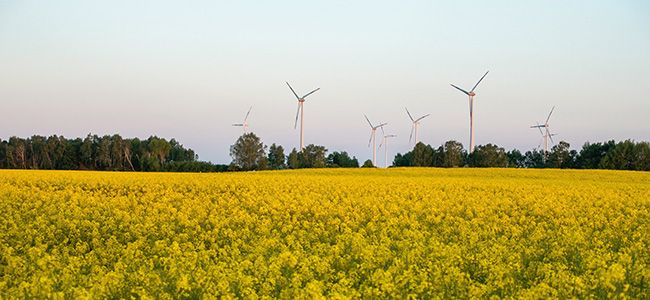By Ilias Vougioukas, Investment Analyst, aream Group
As Central and Southern European countries experience a boom in renewables, several eastern European markets that had become stagnant are remerging as well. One market which is quickly regaining traction is Romania.
Romania added two GW of renewable energy capacity from 2009 to 2013, which was due to the remuneration system via Green Certificates (GC), under which six GCs for solar energy and two GCs for wind energy were awarded per MWh. The margin of the GCs was in the range of 30 - 55 Euro/MWh per GC on top of the market price in order to ensure a generous remuneration for the producers. However, in 2013 the Romanian government decided to reduce the remuneration to three GCs for solar and one GC for wind. This effectively halved the GC revenue and externally financed projects struggled with repayment difficulties. Confidence in the market declined and reduced the banks' willingness to provide project financing.
Under the reduced scheme, projects that were commissioned until the end of 2016 were entitled to GCs. Even though the remuneration was still attractive compared to other markets, addition to renewables capacity remained flat after 2014. Not only had GCs been reduced, but the government further suspended trading on a portion of GCs awarded prior to 2013 and reduced the validity term of GCs to 12 months. This pushed market confidence even further down.
After market turbulence, the Romanian government tried a new approach to GCs by increasing their validity from 12 months to 15 years and creating a centralized exchange (OPCOM) on which GCs could be traded. A minimum price of 29.4 Euro/MWh for each GC was also introduced. According to the EU directive, the barriers to long-term PPAs (Power Purchase Agreements) were also to be removed. However, the Romanian government insisted that all PPA agreements should continue to go through the national authorities. Therefore, new projects that did not receive GCs could not sign PPAs either without risking consequences. At that time investor confidence was at an all-time low and the banks did not finance any new projects.
Now, however, a turnaround in the Romanian market is evident: a law allowing the conclusion of long-term PPAs has been passed and a number of legal barriers have been removed. GCs are still valid for 15 years and can be traded on the central OPCOM exchange. In addition, bilateral PPAs will be introduced from 1st September.
Investors can now develop and finance new projects using PPAs and invest in projects that receive GCs, as the minimum price is guaranteed and valid until 2031. In addition, the European Bank for Reconstruction and Development is actively supporting developers and commercial banks in new projects to restore confidence in the market. Furthermore, the Romanian government has approved details defining a new Contract for Difference (CfD) scheme that will further aim to balance income for energy producers.
